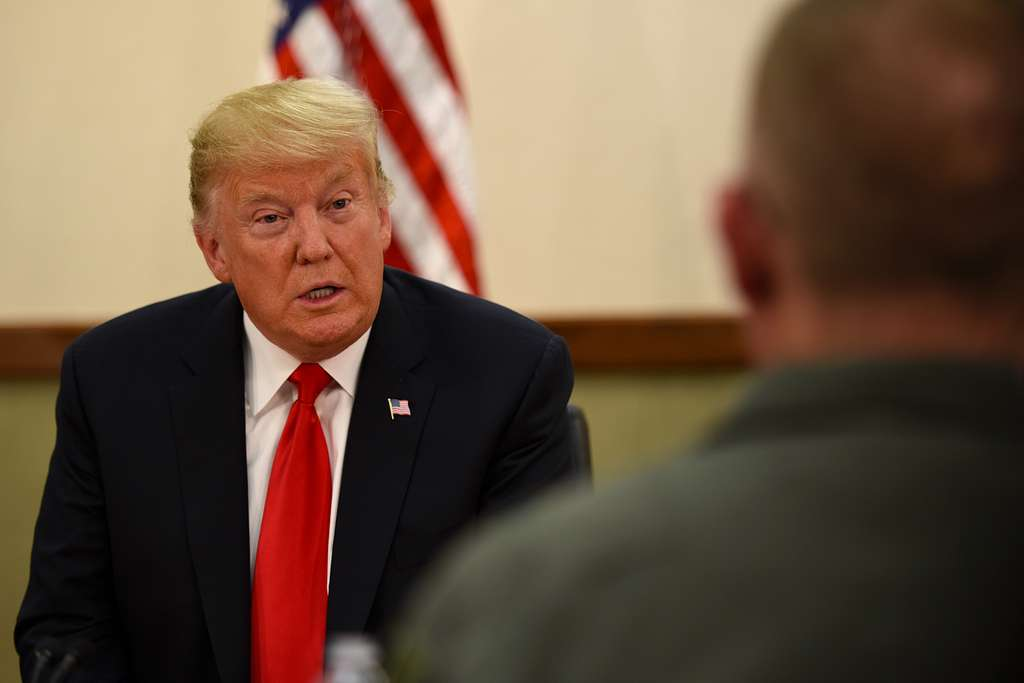A groundbreaking legal battle is unfolding in federal court that could fundamentally alter how America balances criminal justice with international relations. At stake is whether diplomatic considerations can override the prosecution of terrorism charges – a question with profound implications for the rule of law.
The case involves Vladimir Antonio Arevalo-Chavez, whose prosecution for terrorism and racketeering was supposed to be straightforward. As a member of MS-13’s “Ranfla Nacional” governing body, he represents exactly the type of high-value target federal prosecutors typically pursue aggressively.
But in an unprecedented move, the Justice Department wants to abandon the case entirely, citing mysterious “geopolitical and national security concerns.” This request has set up a constitutional clash between prosecutorial discretion and judicial oversight that legal scholars are calling extraordinary.
The federal judge’s decision to block the deportation signals deep skepticism about the government’s motives. Legal experts note that dismissing federal terrorism charges for foreign policy reasons is virtually unheard of, particularly when the defendant remains in custody and the case appears strong.
Defense attorneys have seized on this unusual situation, arguing that the government’s true goal is preventing their client from potentially cooperating with investigators or testifying about sensitive international agreements. This raises fundamental questions about witness intimidation and prosecutorial misconduct.
The broader legal implications are staggering. If prosecutors can dismiss terrorism charges whenever diplomatic relationships might be affected, it could undermine the entire framework of federal criminal law. The separation between law enforcement and foreign policy, carefully maintained for decades, could collapse.
This case is part of larger federal prosecutions targeting MS-13’s international network, with 27 gang leaders facing charges across multiple jurisdictions. The outcome could determine whether these complex international cases proceed based on evidence and law, or whether political considerations will derail them.
The judge’s intervention represents a crucial test of judicial independence and could establish lasting precedents about when courts must step in to protect the integrity of criminal prosecutions.

